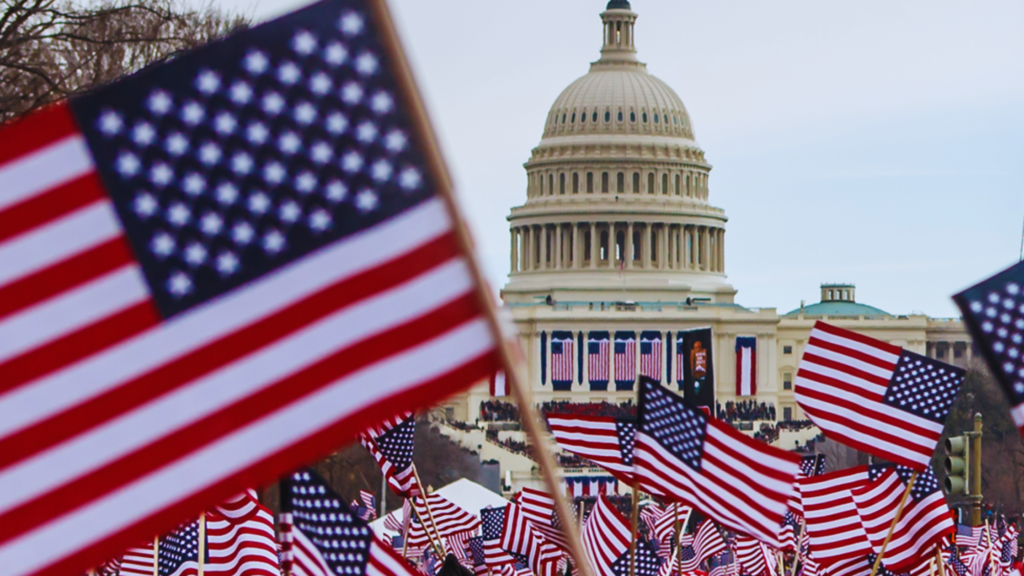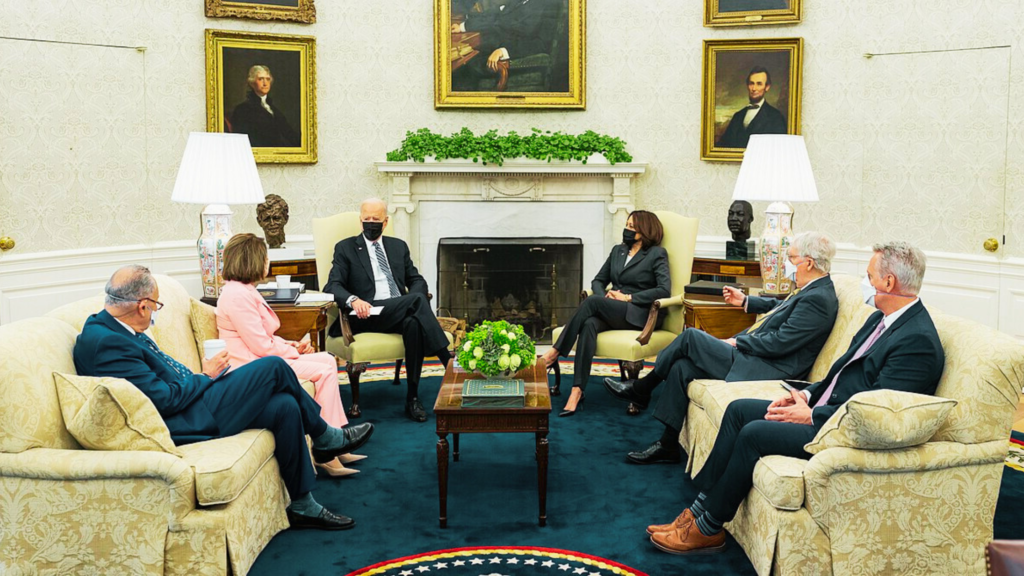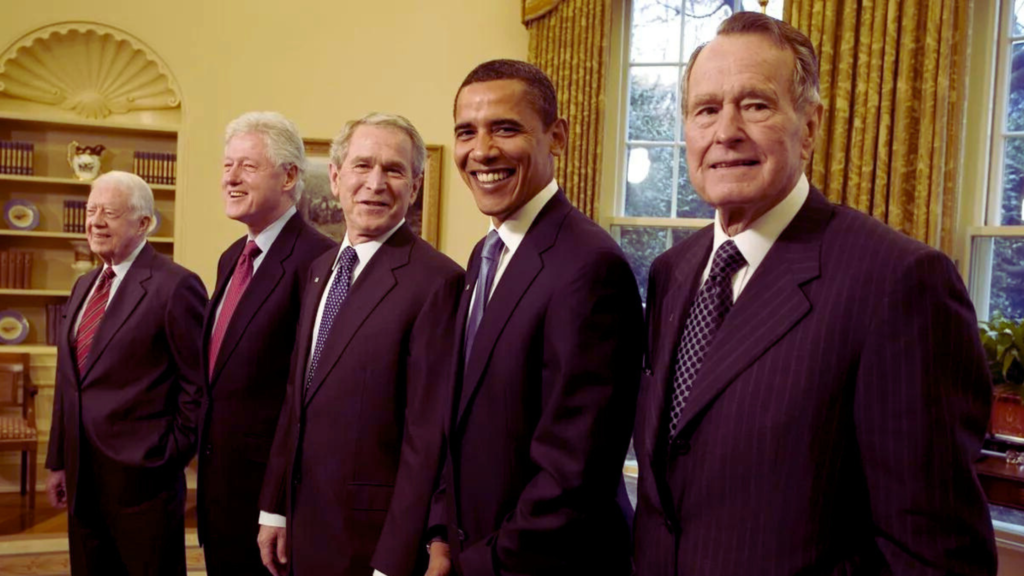The American polity

The American country is a complex and developing element formed by hundreds of years of verifiable occasions, philosophies, and powerful figures.
Understanding its advancement is vital to get a handle on the ongoing political environment and predict future patterns.
This article dives into the rich history of the American political framework, investigating its central beliefs and the different impacts that have molded it over the long run.
Early Establishments
Provincial Impacts
English Expansionism
The underlying foundations of American administration follow back to English pioneer rule, which presented ideas of delegate government and customary regulation.
Early frontier congregations laid the basis for majority rule rehearses that would later characterize the US.
Native Administration
Native clans in North America had laid out complex types of administration well before European pilgrims showed up.
The Iroquois Alliance, for instance, affected early American political masterminds with its model of federalism and participatory vote based system.
Illumination Thoughts
John Locke
John Locke’s hypotheses on regular freedoms and government by assent were urgent in significantly shaping American political idea.
His confidence throughout everyday life, freedom, and property as major privileges impacted the Statement of Autonomy.
Montesquieu
Montesquieu’s promotion for the partition of abilities was instrumental in the plan of the U.S. Constitution, guaranteeing an arrangement of balanced governance among the parts of government.
The American Upset
Causes
The American Upset was started by a mix of financial complaints, like imposing taxes without any political benefit, and a craving for political independence from English rule.
Key Occasions
Huge occasions, including the Boston Casual get-together and the Skirmishes of Lexington and Harmony, excited the states towards autonomy.
Results
The fruitful finish of the Insurgency prompted the foundation of the US as an autonomous country, making way for the drafting of the Constitution.
The Constitution
Protected Show
The Protected Show of 1787 was a critical second where delegates from the states assembled to make another system of government, tending to the shortcomings of the Articles of Confederation.
Key Figures
Key figures like George Washington, James Madison, and Alexander Hamilton assumed vital parts in molding the Constitution.
Federalism versus Against Federalism
Banters between Federalists, who upheld a solid focal government, and Enemies of Federalists, who supported for states’ privileges, prompted the incorporation of the Bill of Freedoms to safeguard individual freedoms.
The Bill of Privileges
The initial ten alterations to the Constitution, known as the Bill of Privileges, ensure fundamental opportunities like right to speak freely, religion, and the press.
Political Philosophies

Progressivism
Progressivism in America stresses individual freedoms, correspondence, and civil rights. It has been a main thrust behind numerous ever-evolving changes.
Traditionalism
Traditionalism advocates for restricted government, unrestricted economy standards, and conventional qualities. It plays had a critical impact in molding financial and social strategies.
Reformism
Reformism tries to address social imbalances through government intercession and change. It has establishes in the mid twentieth 100 years and keeps on affecting current strategy discusses.
Libertarianism
Libertarianism champions individual opportunity and negligible government impedance in both monetary and individual matters.
The Government Framework
Design of Government
Presidential Branch
The Presidential Branch, headed by the President, upholds regulations and behaviors international strategy.
Regulative Branch
The Regulative Branch, comprising of the Place of Delegates and the Senate, makes regulations and controls government spending.
Legal Branch
The Legal Branch, drove by the High Court, deciphers regulations and guarantees they line up with the Constitution.
State versus Government Powers
The overall influence among state and central legislatures is a foundation of American federalism, with specific powers saved for states and others designated to the national government.
Balanced governance
The arrangement of balanced governance guarantees that no single part of government turns out to be excessively strong, keeping an equilibrium through shared oversight.
Ideological groups
Development of Ideological groups
Federalists versus Majority rule conservatives
The early political scene was overwhelmed by the Federalists, who upheld for a solid focal government, and the Majority rule conservatives, who inclined toward states’ freedoms.
Development of Gatherings
Whigs and liberals
The nineteenth century saw the rise of the Whig Party and the Leftist faction, pondering varying perspectives monetary turn of events and states’ freedoms.
Conservatives and liberals
The Conservative Alliance, established during the 1850s, went against the extension of subjection, while the Progressive faction went through huge philosophical movements throughout the long term.
Present day Ideological groups
Today, the conservative and Progressive factions overwhelm American legislative issues, addressing a wide range of political convictions and strategy needs.
Races and Casting a ballot
Electing Cycle
The U.S. electing process incorporates essential races, general decisions, and the Electing School, which eventually chooses the administration.
Verifiable Changes in Casting a ballot Rights
Casting a ballot rights have developed fundamentally, from the prohibition of ladies and minorities to the entry of corrections and regulations that guarantee more comprehensive interest.
Present day Casting a ballot Issues
Elector ID Regulations
Elector ID regulations are a quarrelsome issue, with banters over their effect on citizen turnout and political race trustworthiness.
Manipulating
Manipulating, the act of controlling discretionary region limits for political benefit, stays a disputable and progressing challenge.
Social equality Developments

Cancelation of Bondage
The abolitionist development finished in the Nationwide conflict and the thirteenth Amendment, which canceled bondage in the US.
Ladies’ Testimonial
The ladies’ testimonial development accomplished a critical triumph with the nineteenth Amendment, giving ladies the option to cast a ballot.
Social equality Time
The Social equality Development of the 1950s and 1960s prompted milestone regulation, for example, the Social equality Act and the Democratic Privileges Act, tending to racial isolation and separation.
LGBTQ+ Freedoms
The battle for LGBTQ+ freedoms has seen improvement with the legitimization of same-sex marriage and progressing endeavors for fairness and non-segregation.
Impact of Media
Papers and Flyers
Early American political talk was vigorously impacted by papers and flyers, which assumed a critical part in molding general assessment and preparing support for freedom.
Radio and TV
The approach of radio and TV reformed political correspondence, permitting legislators to contact a more extensive crowd and impact popular assessment on a mass scale.
The Web and Virtual Entertainment
The ascent of the web and virtual entertainment has changed political commitment, empowering moment correspondence and grassroots activation yet in addition raising worries about deception and polarization.
Monetary Approaches

Early Monetary Approaches
Hamiltonian Financial aspects
Alexander Hamilton’s monetary strategies, including the foundation of a public bank and backing for industrialization, established the groundwork for American financial development.
The New Arrangement
The New Arrangement, presented by Franklin D. Roosevelt during the Economic crisis of the early 20s, executed boundless financial changes and social projects to settle the economy and backing the jobless.
Supply-Side Financial matters
Supply-side financial matters, advocated during the Reagan organization, underscores tax reductions and liberation to animate monetary development.
Current Monetary Issues
Current monetary difficulties incorporate tending to pay disparity, overseeing public obligation, and exploring the intricacies of a globalized economy.
International strategy
Early International strategy
Nonintervention
Early American international strategy was portrayed by neutrality, keeping away from trap in European contentions while extending toward the west.
The Second Great War and II
The U.S. assumed a critical part in both The Second Great War and II, moving from neutrality to a more dynamic worldwide presence.
The Virus War
The Virus War period saw the U.S. participated in a drawn out philosophical and international battle with the Soviet Association, impacting worldwide partnerships and clashes.
Post-Cold Conflict Time
The post-Cold Conflict time has been set apart by endeavors to address new worldwide difficulties, like psychological oppression, atomic expansion, and environmental change.
Contemporary International strategy
Contemporary U.S. international strategy keeps on offsetting public interests with worldwide obligations, exploring complex associations with other world powers.
Legal Impact
Milestone High Legal disputes
Milestone High Legal disputes, like Earthy colored v. Leading group of Training and Roe v. Swim, significantly affect American culture and regulation.
Legal Audit
The guideline of legal survey, laid out by Marbury v. Madison, enables the High Court to nullify regulations that abuse the Constitution.
The Job of the High Court
The High Court assumes a basic part in deciphering the Constitution and molding the lawful scene of the US.
Social Strategies
Medical services
Medical services strategy in the U.S. has advanced from insignificant government contribution to critical bureaucratic projects like Federal medical insurance and Medicaid, with progressing banters about the fate of medical care change.
Schooling
Training strategy incorporates government and state drives to further develop access, quality, and value in schooling, resolving issues, for example, school subsidizing and state sanctioned testing.
Government assistance Projects
Government assistance programs, for example, Government backed retirement and joblessness benefits, give a wellbeing net to weak populaces, with conversations about how to adjust backing and supportability.
Movement
Movement strategy has been a combative issue, adjusting the requirements for security, financial development, and compassionate contemplations.
Innovative Effect
Modern Upset
The Modern Upset changed the American economy and society, prompting urbanization and huge mechanical headways.
Data Age
The Data Age has changed correspondence, business, and diversion, presenting new difficulties and open doors for administration.
Mechanical Headways in Governmental issues
Innovative headways have affected political battling, administration, and public commitment, from computerized casting a ballot frameworks to virtual entertainment procedures.
Current Difficulties
Political Polarization
Political polarization has strengthened, prompting gridlock and diminished public confidence in government foundations.
Environmental Change
Environmental change represents a critical test, requiring far reaching strategies and worldwide participation to moderate its effect.
Financial Disparity
Financial disparity keeps on being a major problem, with banters on the most proficient method to guarantee fair conveyance of riches and potential open doors.
Wellbeing Emergencies
Wellbeing emergencies, like the Coronavirus pandemic, feature the requirement for powerful general wellbeing frameworks and crisis readiness.
Future Possibilities
Arising Political Patterns
Arising political patterns incorporate expanded activism, mechanical mix, and moving socioeconomics, molding the fate of American legislative issues.
Expected Changes
Expected changes to address current difficulties incorporate mission finance change, constituent framework changes, and strategy developments in regions like medical services and environmental change.
The Eventual fate of American Vote based system
The fate of American majority rule government relies upon proceeded with municipal commitment, informed talk, and a pledge to the beliefs of freedom and equity.
End
The American commonwealth is a dynamic and multi-layered framework, persistently developing through the transaction of verifiable occasions, philosophical discussions, and powerful figures.
Understanding its set of experiences and current difficulties is fundamental for educated metro cooperation and the conservation regarding vote based values.
As the country pushes ahead, it should explore these intricacies to construct a more comprehensive and fair society.
FAQ(Frequently Asked Question)
What is the American commonwealth?
The American commonwealth alludes to the political construction, cycles, and culture of the US. It envelops the public authority’s association, the standards basic its constitution, and the political elements that shape its administration.
For what reason is it essential to concentrate on the American nation?
Concentrating on the American commonwealth is vital for figuring out the groundworks of U.S. a majority rules government, the development of its political framework, and the variables impacting current policy centered issues.
This information assists residents with connecting all the more successfully in metro life and pursue informed choices.
What were the critical impacts on the early American political framework?
The early American political framework was affected by English frontier rehearses, Native administration designs, and Illumination thoughts from scholars like John Locke and Montesquieu.
What were the principal results of the American Unrest?
The American Unrest prompted the freedom of the US from English rule, the foundation of another administration system, and the drafting of the U.S. Constitution.
What is going on with the U.S. Constitution?
The U.S. Constitution is the superior decide that everybody should follow, outlining the development of the public government, the division of capacities, and the opportunities of inhabitants.
It fills in as the foundation for American vote based framework.
6. How has the U.S. ideological group framework developed?
The U.S. ideological group framework started with the Federalists and Vote based conservatives, developed through the Whigs and liberals, and presently includes the conservative and Progressive alliances as the two prevailing powers.
What are a portion of the major social liberties developments in U.S. history?
Major social liberties developments incorporate the cancelation of subjection, ladies’ testimonial, the Social liberties Development of the 1950s and 1960s, and the continuous battle for LGBTQ+ privileges.
How has media impacted American legislative issues?
Media plays had a crucial impact in American governmental issues by molding general assessment, preparing support for political causes, and affecting the scattering of data. This incorporates papers, radio, TV, and the web.
What are a few key monetary strategies that have formed the U.S.?
Key financial strategies incorporate Hamiltonian financial matters, the New Arrangement, supply-side financial aspects, and contemporary ways to deal with overseeing monetary issues like pay disparity and public obligation.
What is the job of the High Court in the American nation?
The High Court deciphers the Constitution and guarantees that regulations line up with protected standards. It has the force of legal audit to negate regulations that are considered illegal.
What are a few current difficulties confronting the American political framework?
Current difficulties incorporate political polarization, environmental change, monetary disparity, and wellbeing emergencies. Resolving these issues requires far reaching strategy reactions and public commitment.
What could the fate of American vote based system seem to be?
The eventual fate of American vote based system will probably include exploring arising political patterns, carrying out expected changes, and guaranteeing dynamic metro investment to maintain majority rule values and standards.

